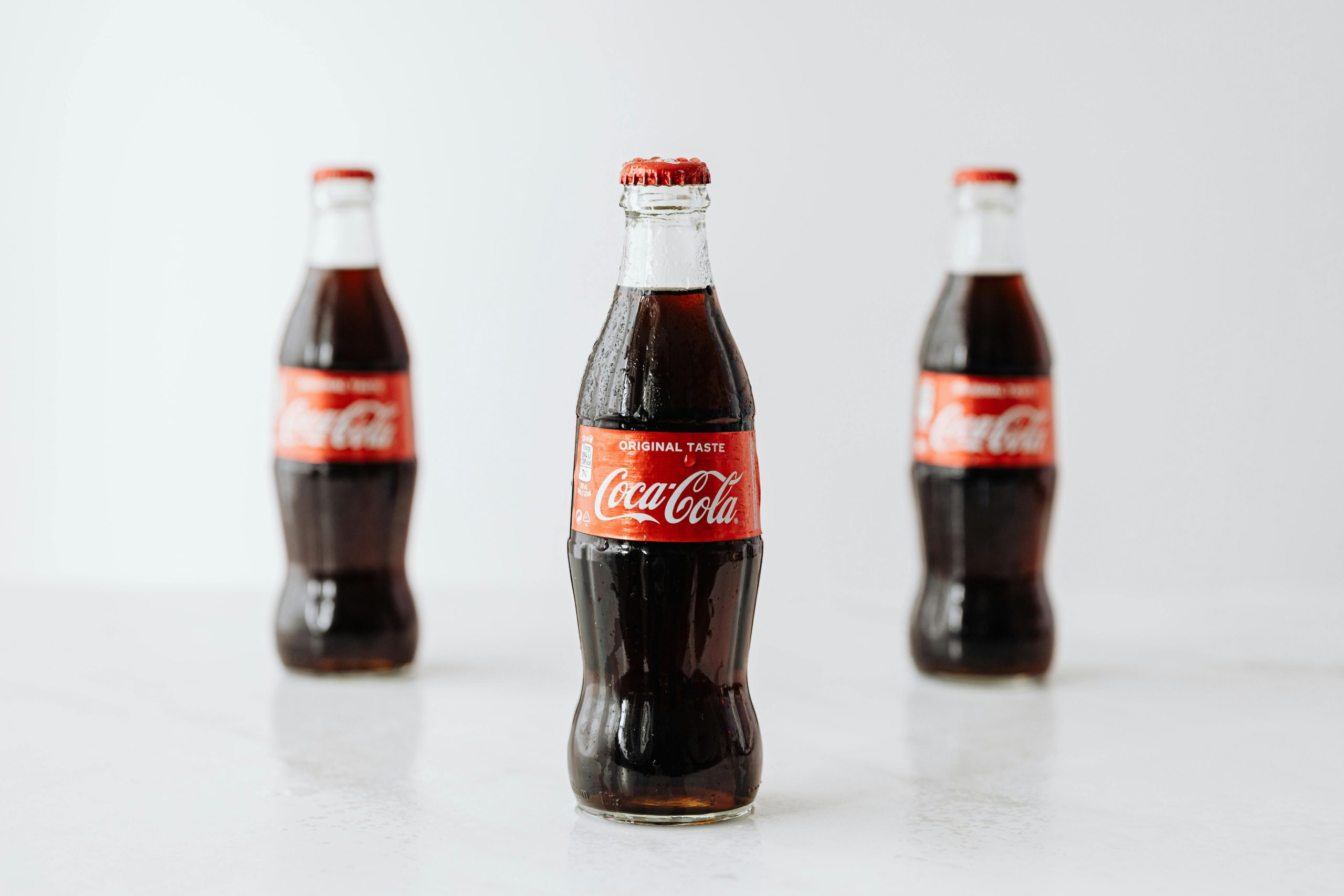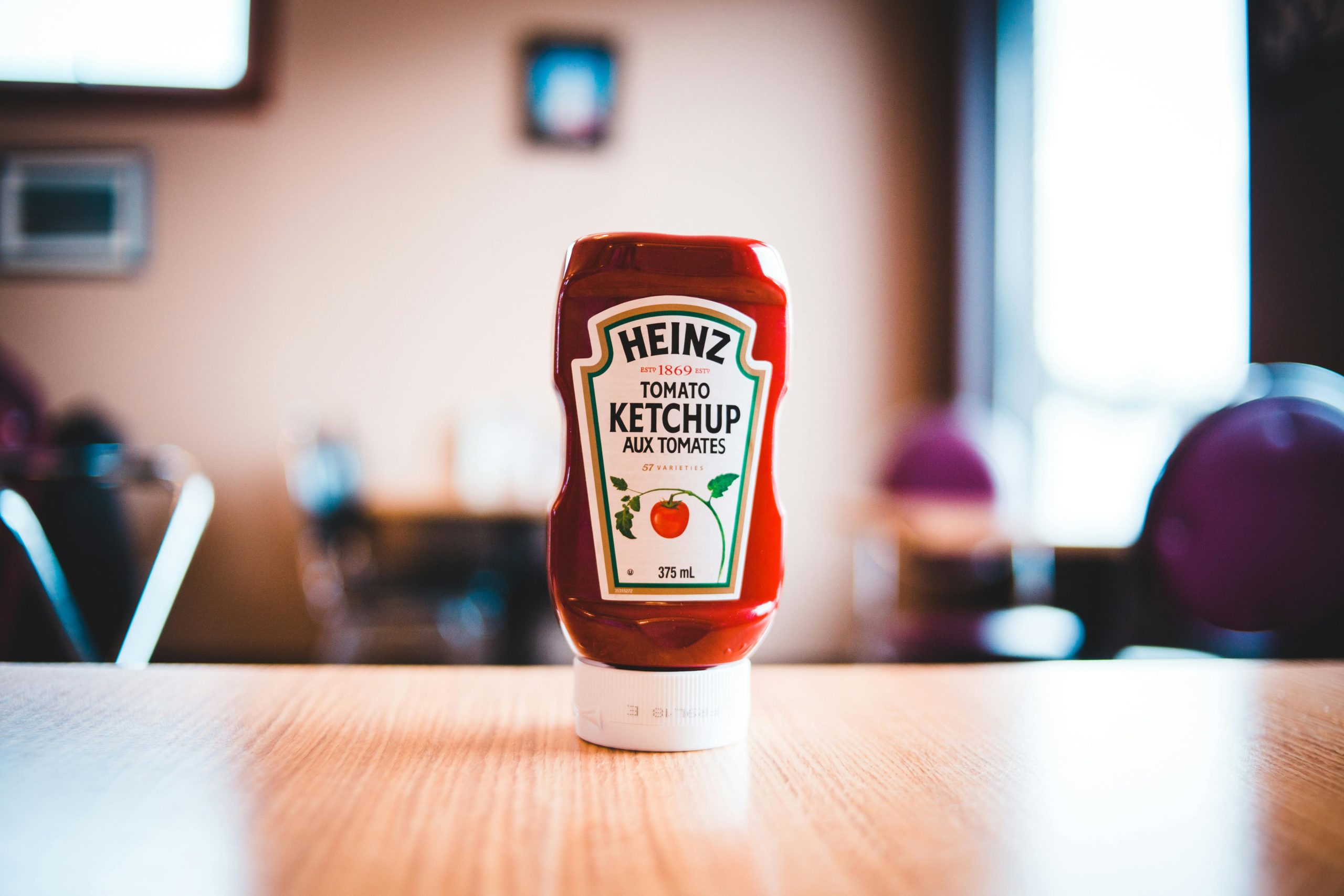Most of the time, when a product disappears from shelves, it’s due to a formal safety recall or simply because of low sales. However, sometimes a product is “quietly pulled” by its manufacturer not for safety reasons, but because of significant public backlash or consumer complaints about its quality, marketing, or concept. These discontinuations often happen without a major press release, and the product just fades away. These stories serve as powerful examples of consumer influence. Here are nine products from the past that were effectively canceled due to consumer complaints.

Image Source: pexels.com
1. McDonald’s Arch Deluxe (1996)
In the mid-1990s, McDonald’s launched the Arch Deluxe with a massive marketing budget. It was designed to appeal to a more “adult” palate with a quarter-pound patty, split-top potato bun, and a secret sauce. However, consumers roundly rejected it. They didn’t want a sophisticated burger from McDonald’s; they wanted the classic taste they knew. After failing to meet sales expectations and facing consumer indifference, the Arch Deluxe was quietly pulled from the menu.
2. Coca-Cola’s “New Coke” (1985)
This is perhaps the most famous example of consumer backlash forcing a company’s hand. In 1985, Coca-Cola changed its classic formula for the first time in 99 years, introducing “New Coke.” The public outcry was immediate and immense. Consumers hoarded old Coke, protested, and flooded the company with complaints. After just 79 days, the company capitulated to the overwhelming consumer pressure and brought back the original formula, rebranding it as “Coca-Cola Classic.”
3. WOW! Chips by Frito-Lay (Late 1990s)
In the late 1990s, Frito-Lay introduced WOW! Chips, a line of snacks made with a fat substitute called Olestra. This allowed for “fat-free” potato chips. Consumers were initially excited. However, it soon became apparent that Olestra could cause unpleasant gastrointestinal side effects, like cramping and loose stools. Widespread consumer complaints and ridicule led to the product line being quietly discontinued, though Olestra itself was never banned by the FDA
4. The Original Four Loko Formulation (Pre-2010)
The original formula of Four Loko, a caffeinated alcoholic beverage, was immensely controversial. Health experts and consumer groups raised alarms about the dangers of combining high levels of caffeine and alcohol, which could mask feelings of intoxication and lead to risky behavior. Following intense public pressure and scrutiny from the FDA and state attorneys general, the manufacturer “voluntarily” removed the caffeine, guarana, and taurine from the drink in 2010.
5. Heinz EZ Squirt Colored Ketchup (Early 2000s)

Image Source: pexels.com
In 2000, Heinz introduced brightly colored ketchups in shades like purple, green, and teal to appeal to kids. Initially, they were a huge success. However, the novelty soon wore off. Many parents grew concerned about the artificial colors and the strangeness of putting green ketchup on food. As sales plummeted and the initial hype died down, Heinz quietly discontinued the colorful EZ Squirt line by 2006.
6. Juicero Press (2017)
The Juicero Press was a high-tech, $400 Wi-Fi-enabled juicer that used proprietary single-serving packets of chopped fruits and vegetables. The company was heavily funded and hyped. However, its downfall came swiftly after a media report revealed that the juice packets could be squeezed by hand just as effectively as with the expensive machine. Faced with widespread public ridicule and consumer complaints about the product’s lack of necessity, the company completely shut down in 2017.
7. H&M “Coolest Monkey in the Jungle” Hoodie (2018)
In 2018, fashion retailer H&M faced a global firestorm of criticism after an image on its website showed a Black child modeling a hoodie with the slogan “Coolest Monkey in the Jungle.” The ad was widely condemned as racist. After intense consumer backlash, celebrity condemnations, and even protests at some store locations, H&M pulled the product from sale worldwide and issued multiple apologies for the severe lapse in judgment.
8. Adidas “Shackle” Sneakers (2012)
Adidas planned to release a high-top sneaker designed by Jeremy Scott that featured a rubber shackle and chain attached to the ankle. When images were released online, the backlash was swift and fierce. Critics and consumers argued that the design was offensive and evoked imagery of slavery. In response to the overwhelming public complaints, Adidas canceled the release of the shoe before it ever hit stores.
9. Pepsi’s Kendall Jenner Ad (2017)
While not a physical product, Pepsi’s 2017 ad campaign featuring Kendall Jenner was pulled after just one day due to massive consumer complaints. The ad depicted the model leaving a photo shoot to join a protest, which she de-escalates by handing a police officer a can of Pepsi. It was accused of trivializing and co-opting serious social justice movements like Black Lives Matter. The backlash was so intense that Pepsi immediately pulled the entire campaign and apologized.
The Power of the Consumer Voice
While companies spend millions on research and development, they don’t always get it right. These examples show that the consumer voice, expressed through purchasing decisions and direct feedback, holds immense power. Products that fail to meet expectations, create brand confusion, or spark public backlash are often quietly removed from the market, not by government mandate, but by the powerful court of public opinion. It’s a testament to the fact that in a competitive market, the customer truly does have the final say.
What other products do you remember that seemed to disappear from shelves after a negative public reaction? Do you think consumer complaints are more powerful than they used to be? Share your thoughts!
Read More
7 Restaurant Promotions That Had to Be Pulled After Complaints
